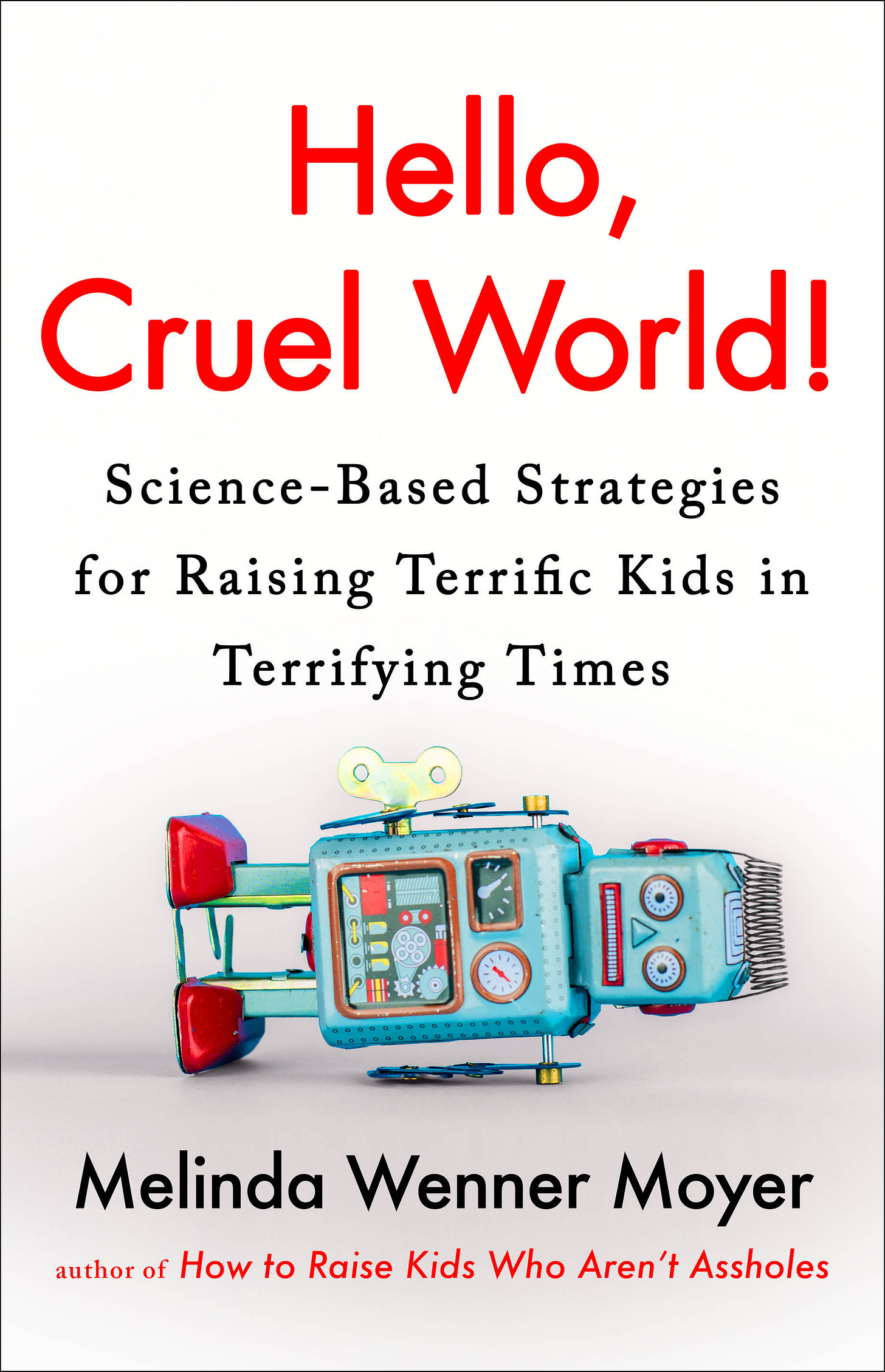Earlier this year, a dad friend of mine ran a small social experiment.
He was frustrated seeing moms constantly saddled with the invisible work of managing kids’ social lives — RSVPing, coordinating calendars, remembering birthdays — so he decided to shake things up.
For his son's birthday party, he sent invitations exclusively to dads, with the exception of one kid being raised by a single mom.
Here's how it went down. (I’ll wait for you to pop the popcorn.)
The ten invites went out two months before the party. The first RSVP arrived three days later. From the single mom.
The next day, three dads stepped up. After that? Radio silence. The responses dripped in painfully: one after five days, another after six, then three more days passed before the next one. Four days later, another trickled in, then a grueling nine-day gap. By now, a full month had passed.
Then: nothing. Weeks went by. Finally, my friend nudged everyone with a polite evite reminder. Only then did the final straggler reply — nearly two full months after the original invitation.
At the party, one of the kids who was supposed to attend never showed. Why? The dad forgot. Afterwards, the parents apologized — but much more so the mom, who seemed mortified. The dad was pretty blasé.
I asked my friend how he felt, overall, about the experience. “I pride myself on being responsive and thought my father brethren would rise to the occasion,” he said. “That was sadly not the case.”
I then asked him how this experience compared with other parties he’s planned for his kids. Did he notice a big difference when mothers were included on invite lists? “Huge,” he said. He proceeded to look up the details surrounding his daughter’s most recent birthday party, for which invitations were sent to five mothers and one father. All the moms responded within 48 hours. The dad finally responded three days before the party.
I’m not telling you this story so we can meanly berate all the dads. But examples like this are essential because they illustrate the everyday ways in which domestic labor imbalances play out. Of course, these are just anecdotes; I would much prefer to quote from a controlled study of 500 birthday parties. But… well, we don’t have those data. (Psychologists, can we please do this!) And I think we can keep this small sample size in mind while still having a conversation about it. This small but telling experiment spotlights a glaring gap between how mothers versus fathers handle kid-related tasks. (Or not handle, as the case may be.)
When I heard this story, I felt instant validation on behalf of all the moms who know they do more mental labor than their partners do, but who feel like this labor is largely invisible and unrecognized. Often, when asked, dads say they share the load equally when, in fact, they do not. This story shows that there is indeed a salient difference in the degree of accountability and responsibility felt by fathers versus mothers when it comes to certain aspects of parenting. (I’m talking about averages, of course — there will always be exceptions!) We’ve all heard that moms carry more of the domestic load than fathers do, and we may well have seen the statistics, but this story shows us how this imbalance affects family functioning on a day-to-day basis. My friend made a deliberate attempt to redistribute domestic labor, and even though his ask was frankly a very small one, most dads just did not step up.
The part where the mom of the no-show kid apologized profusely on behalf of the dad nearly killed me, too, as it illustrates that the sense of maternal responsibility stretches far and wide. Women feel the need to take responsibility not just for their kids but also for their partners when their partners drop the ball.
I’d love to know what goes through dads’ minds when they receive kid party invitations. I don’t mean this in a snarky way; I truly am curious and want to understand. Do they think, “not my department,” or “eh, my partner must be on this invite and they’ll take care of it”? If so, maybe that’s because, for years, their partner has been the one to take care of these things. Not necessarily by choice — but mom management has still somehow become the default. So when dads receive invites, maybe they don’t know what to do, or they assume their partners also received it. Or, perhaps, they do realize they should respond to it, but it takes them a while to confirm plans because they have no idea of the family schedule. I also suspect most dads don’t fully understand the stress of kid birthday party planning, because they don’t usually do it, so they don’t know how helpful and important it is to get RSVPs in early.
Let’s unpack the possibility that these dads assumed their wives also received the invitation. This is, to be fair, not an unreasonable assumption! The fact is, moms are much more likely to be contacted for kid-related issues than dads are (even when dads ask to be contacted instead) — and when dads are actually contacted, their wives are almost always on the correspondence too. The other day, I received an email from a school parent requesting teacher gift donations. I checked the recipient list, and the email was sent to 35 mothers and three fathers. Of those three dads, only one received the email without their wife also receiving the email. (As a separated parent, I am highly sensitive to these imbalances because it is crucial that my ex receives all the kid emails. He so often does not.)
So… how do we address his imbalance? Obviously lots of things need to happen to equalize domestic labor norms and expectations. Mandated paid paternity leave would be a big help, as it helps to normalize and improve dad involvement from day one. We also need more father-inclusive daycare and school communication policies, and we as parents should ideally stop defaulting to moms for everything kid-related, too. (I am no exception — I all too often contact the moms.)
Initially, there’s no question, it'll be frustrating and messy dealing with unresponsive dads. But the more we do it, the more they’ll learn. We see this unfold all the time in separation and divorce situations — single dads often start out flailing, but they can and do figure things out. The more opportunities we give dads, and the higher our expectations of them, they more they will actually step up. (See also this newsletter I wrote about other steps parents can take to equalize things at home.)
But look, it also shouldn’t be everyone else’s job to ensure that this happens. The responsibility shouldn't rest on others to prod dads into action. So fathers: please take some initiative, reflect on your assumptions about household responsibilities, and initiate conversations with your partner about how you can better share the load. Reading this parenting newsletter is a great first step; maybe also read sociologist Alison Daminger’s Substack,
, and buy a copy of Fair Play while you’re at it.What are your thoughts? Have you had similar experiences? Share your perspective in the comments!








This is sadly not surprising. I have a rising kindergartener and you know where else I suspect this plays out? The PTA. I want to be involved in my daughter’s school - it’s our local zoned school in our liberal neighborhood in our (generally still liberal!) large city. I’ve decided I’ll volunteer for events but I won’t step up to join the board until at least one of the 6 board positions is held by a Dad.
This is so good!
I just sent out invitations for my son's birthday and deliberately sent to parents of all genders. (Double invited for households to both parents!) Dads are actually doing pretty well...
But I find that so many people just don't rsvp at all! This is one of my pet peeves - please just tell me if you can't come. It's a real barrier to building community.
I love hosting and am a huge extrovert, and I have a solid foundation of friends, so I feel like I can shake off the rejection of not even having invitations acknowledged! But it still stings, and makes it harder to feel trust in our neighbors.